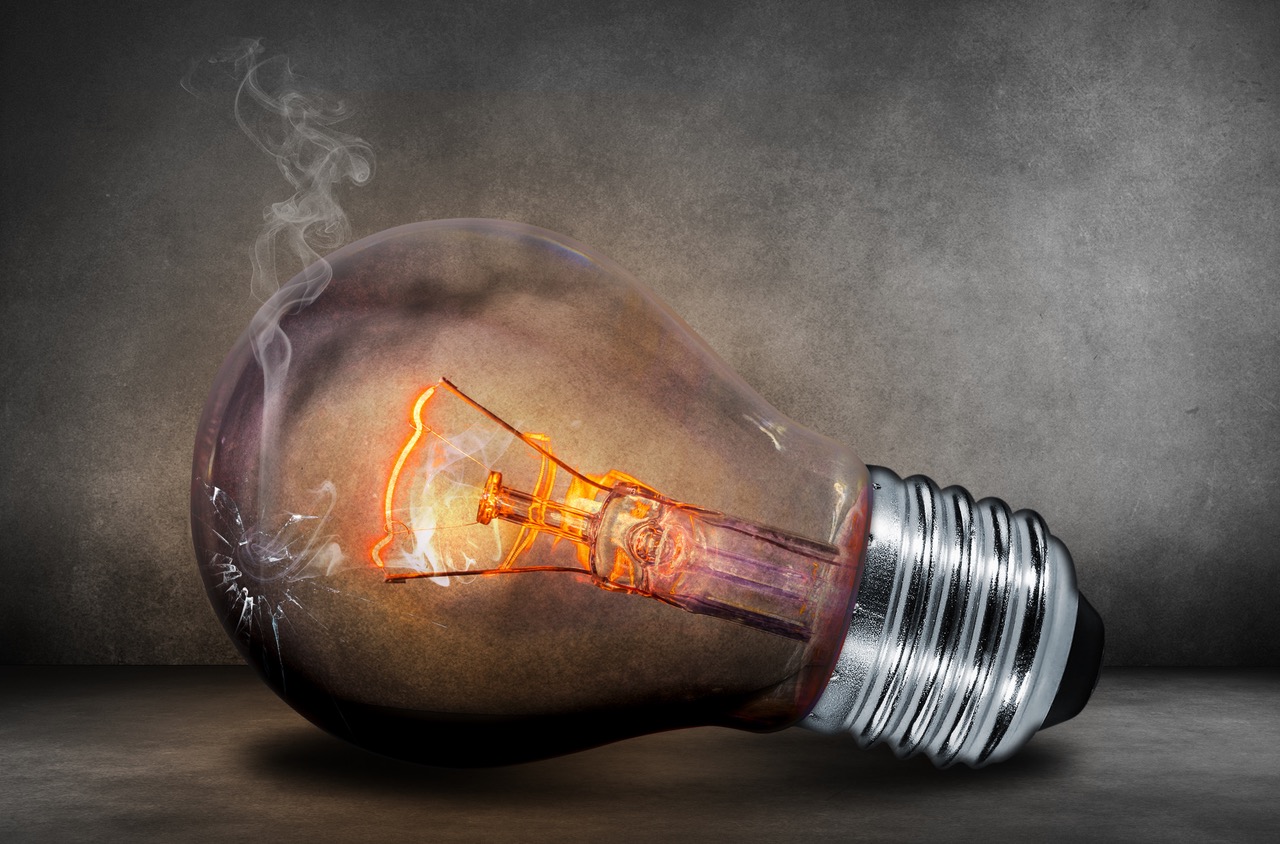Donald Trump’s removal of the United States from the Paris Accord on Climate Change has major economic implications for Canada. Our major trading partner will enjoy lower energy costs going forward – putting Canada at a growing disadvantage as a location for manufacturing and resource investment. The Trudeau Government, which has bravely brushed off Trump’s decision, needs to rethink its quixotic plan to impose a national carbon tax on provinces that do not institute their own carbon dioxide tax or cap-and-trade scheme.
Like his father, Pierre Elliott Trudeau‘s ill-advised, devastating National Energy Program (NEP) of 1980, this new scheme could be called NEP 2.0. It will particularly hurt the hydrocarbon producing provinces (Alberta, Saskatchewan, Newfoundland and Labrador, and Nova Scotia), much the same way those first two provinces were hurt nearly forty years ago.
Oil and gas and related industries are central to the economies of Alberta and Saskatchewan, and also particularly important to Newfoundland and Labrador and Nova Scotia. Coal is a major business in Alberta and important to Saskatchewan. It remains the main source of electric power in Nova Scotia. Natural gas is expanding everywhere in Canada, and is a major fuel for power generation on the prairies.
Conveniently for the federal liberal government, it’s carbon tax policy is supported by many voters in British Columbia and Quebec – provinces reliant on hydroelectric power. Also in Ontario, where power is mostly nuclear-generated. Industries and voters that depend on hydro and nuclear generated power are expected to be less damaged by carbon taxes.
In fact, substantial portions of their populations could benefit. Carbon tax proceeds are earmarked to go to individuals and groups that are disadvantaged, meaning easy political brownie points for handing out rebate cheques to lower-income households.
Just like the first NEP, thirty-seven years ago, NEP 2.0 is a redistributive scheme to bribe some voters with money extracted from others. The victims’ only ‘crime’ is that their provinces produce and more intensively use conventional hydrocarbon fuels for resource extraction, goods production, transportation and heating purposes, agriculture and mining. Hence, the aggressive push back by Saskatchewan Premier Brad Wall.
The federal effort to tax and phase-out hydrocarbons will have a major beneficiary: the highly-protected and subsidized solar and wind power industries. The subsidies for these industries and the need for coal- or gas-fired back-up generators has led to soaring power prices in Germany, and, more recently, Ontario.
German electricity prices are already two to three times higher now than in the USA. With Trump’s pullout from the Paris Accord, billions in new energy-intensive industrial and manufacturing investment will accelerate their move to America’s more competitive energy cost environment.
Sadly , British Columbia’s coming new Green – NDP government will impose more expensive and regressive energy tax regimes on long-suffering families and taxpayers.
Despite the breathlessly optimistic spin of many of our politicians, the coming European style climate change program will be a dysfunctional and punitive weight on the Canadian economy. Rich Canadians in some provinces could use the government tax credit to buy a $100,000 Tesla, and further benefit from the transfer of wealth from lower-income Canadians to higher-income Canadians.
NEP 1.0 was meant to subdue Alberta and help prop up industry in the political heartland of Ontario and Quebec. NEP 2.0 will do much of the same at substantial and unnecessary cost to our living standards. Just wait, and you will see.
Ian Madsen is Senior Policy Analyst at the Winnipeg-based Frontier Centre for Public Policy



